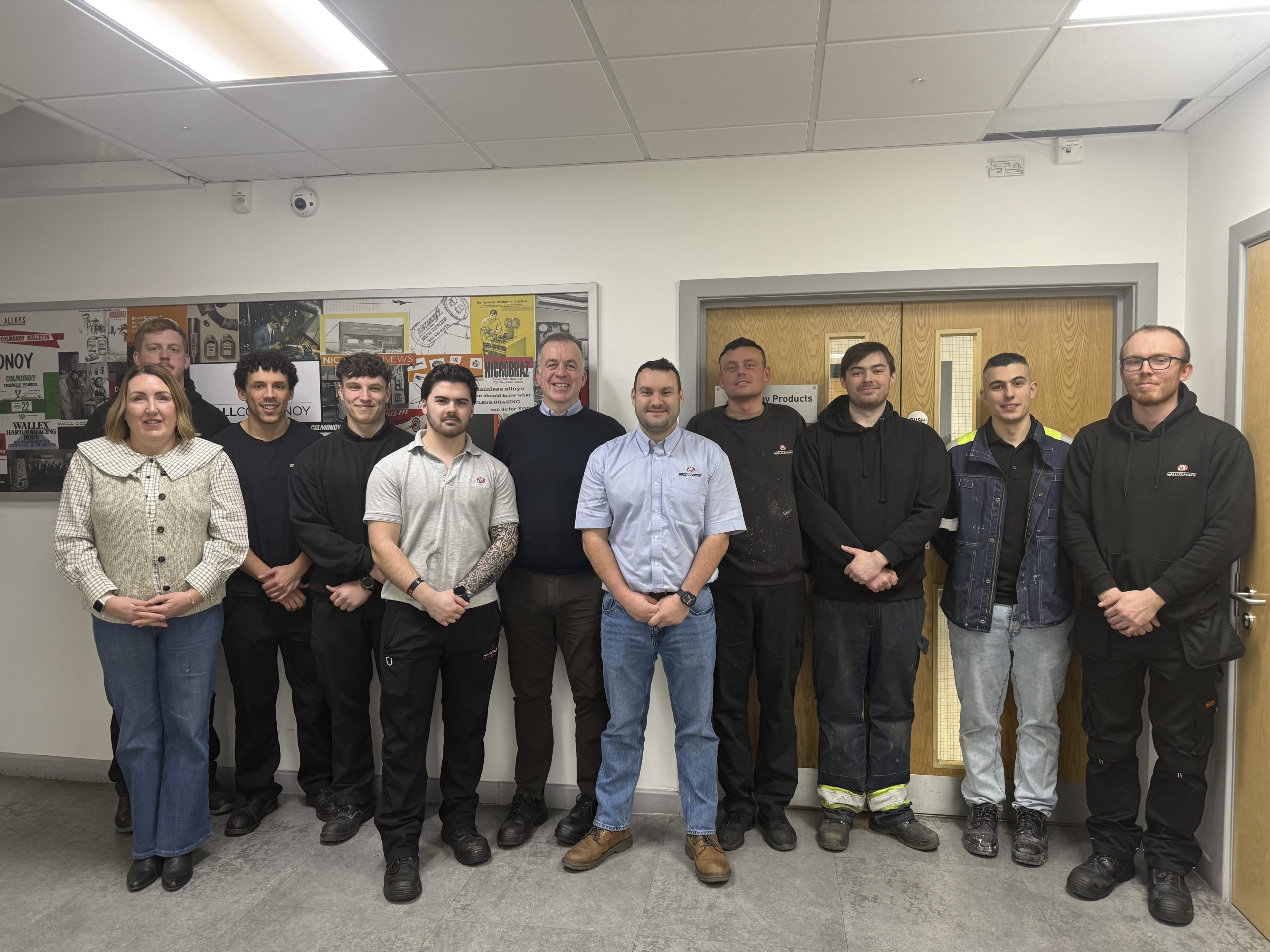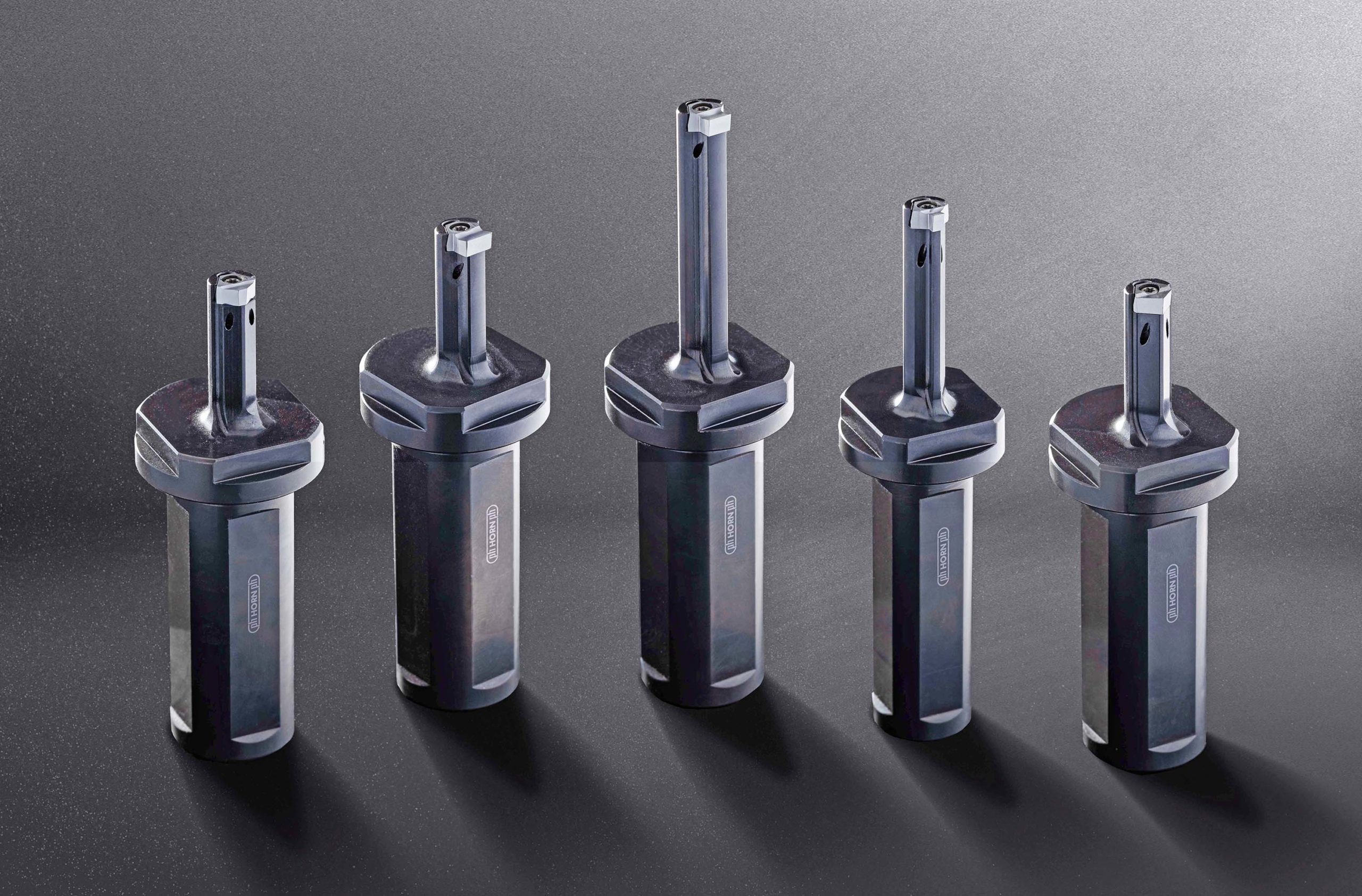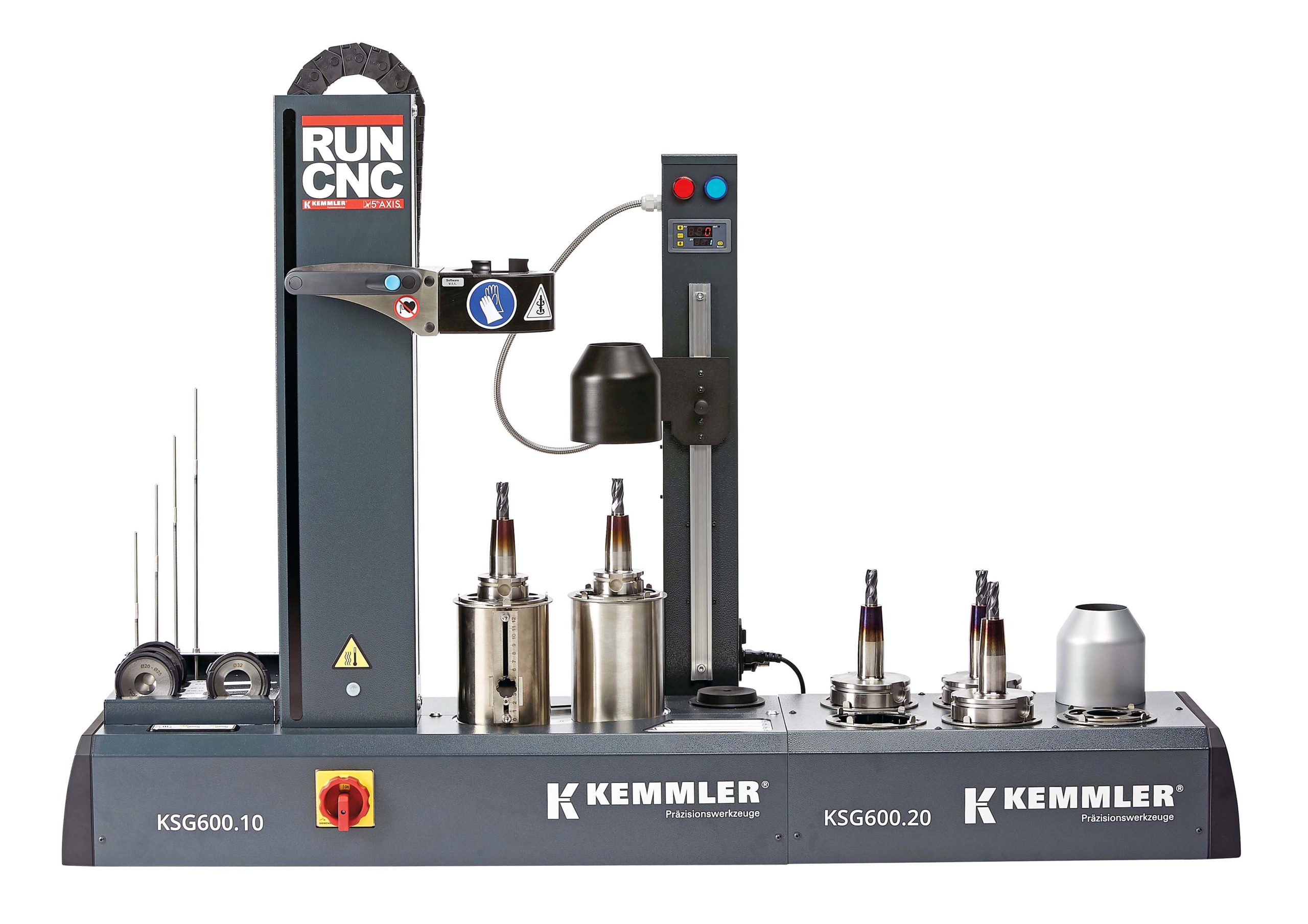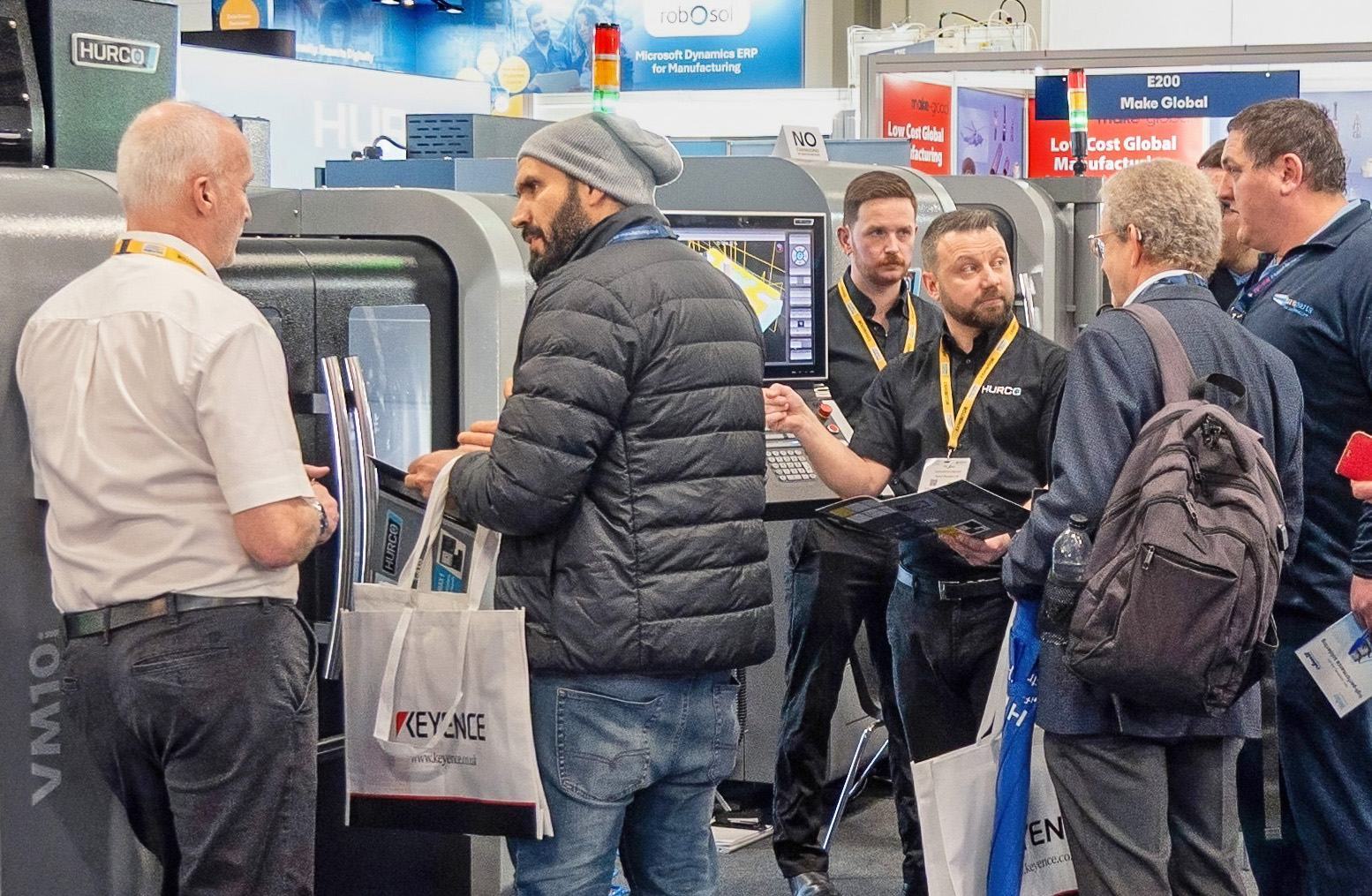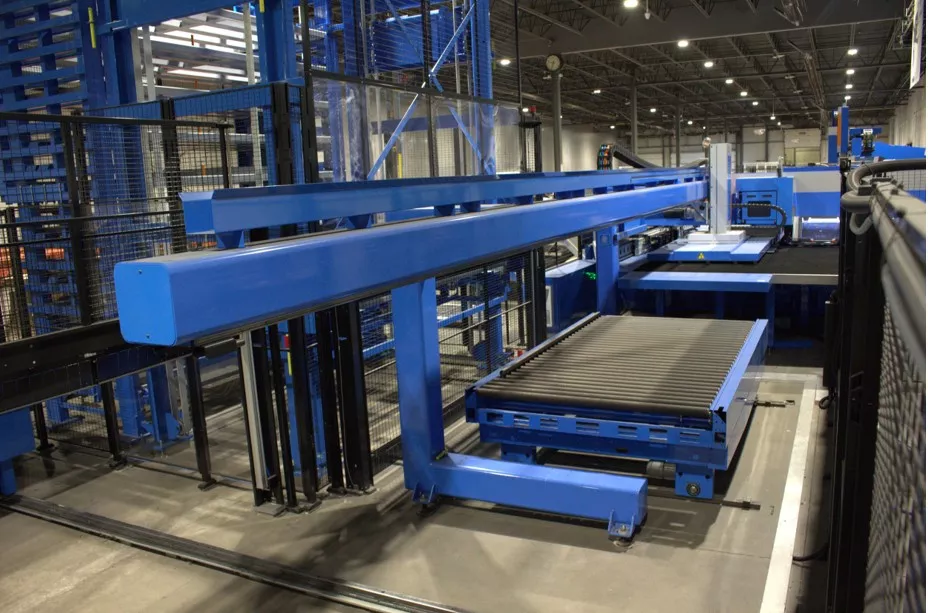Multifunctional, two-component machining fluid. Oemeta’s HYCUT explained..

Knowing where to start pitching a product that has so many benefits is not a problem Oemeta thought it would have. But it is. Therefore, after years of testing various presenting methods, it was decided that a short explainer video was needed.
HYCUT is a unique concept that was developed in 1993 by Oemeta for one of the giants in the automotive industry. Since its first inception, HYCUT has evolved and been fine-tuned for use in most industries, applications, and materials, creating complete fluid system for every aspect of CNC machining.
HYCUT can be used as a neat/machining oil, coolant, lubrication oil and washing fluid. Provided only HYCUT products are used, this compatibility means that all fluids in the machining process create no waste. Hydraulic and slideway oils that would have previously leaked and resulted in tramp oil are, instead, recycled as they are able to mix in with the HYCUT coolant, improving lubricity, and performance whilst reducing total cost.
To allow this flexibility, HYCUT is made up of 2 components: an oil element, and an additive package. Both components have variations of specification and can be mixed and matched depending on the machining requirements. Quantities of each component can also be managed independently, allowing for ultimate product optimisation and a vastly increased product lifespan.
In addition, HYCUT is based on synthetic or native ester oil and is free of mineral oil, making it both environmentally friendly and super-efficient, allowing businesses great results from their HYCUT machining. Finally, to monitor concentrations, specialist test strips have been developed by Oemeta, giving users ultimate control.
Oemeta UK’s Managing Director, David Woodford says that “HYCUT is a product that has so many advantages, it is difficult to know how to pitch it to potential customers. Every business is unique, but all are looking at improve their production process and reduce total cost, and this is where introducing HYCUT into workshops really pays off.” David also highlights “although HYCUT is not always suitable for every shop floor, it is always something that is advantageous to know about, especially as so many businesses are experiencing growth and process change”.


